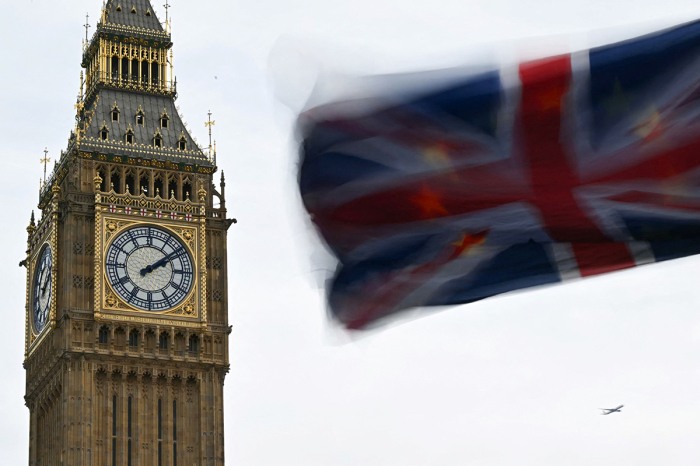Poll makes no distinction between religions in asking about belief in ‘God/gods’

The number of young people in the United Kingdom who believe in God has surged dramatically in recent years while the rate of atheism has declined, according to a recent poll.
The rate of Britons aged 16 to 24 who respond affirmatively when asked if they “believe there is a God/there are gods” has risen from 16% to 37% since August 2021, according to a YouGov poll released earlier this month.
The poll also found that adherence to atheism within the same age demographic dropped from 49% in August 2021 to 32% four years later.
The trends manifested to a smaller degree among those aged 25 to 49, among whom belief in God increased from 21% to 25% since 2021, as atheism declined from 45% to 42%.
The poll did not ask respondents to specify which god or religion they believe in, nor is the data broken down by race or ethnicity.
The Rt. Rev. Jill Duff, who serves as the bishop of Lancaster, attributed the statistics in part to the growing number of young people who are spiritually searching, according to The Telegraph.
“I’m not surprised by this,” she told the outlet. “It is very much what we are seeing on the ground in our churches. There has been a trend in this direction — that the younger you are, the more spiritually open you are — for quite a number of years, and we are seeing a real openness to God and Christianity and especially to the supernatural in the younger age-group.”
Duff said she believes there is “a spiritual awakening” taking place among the younger generation, especially in the wake of the COVID-19 pandemic and its consequences.
“The data is that as people pray, the nation spiritually awakens. That has been the case for generations,” she added.
Public trust in Duff’s own Church of England has declined amid recent scandals, with the established church’s favorability rating dropping from 32% to 25% over the course of a year, according to a YouGov survey in February.
The poll’s findings echo a Bible Society study from earlier this year dubbed “Quiet Revival,” which found that the number of 18- to 24-year-olds who attend church at least once per month rose from 4% in 2018 to 16%.
As noted by The Migration Observatory at the University of Oxford, the U.K. has also seen a surge of immigration in recent years, which is a trend that could be influencing the data, according to author and independent researcher Rakib Ehsan.
Noting the “consistently upward trajectory” of self-identified young Muslims in the U.K., Ehsan said “there is little doubt that the growth of religiosity among younger Britons is being driven by demographic change,” he wrote in his essay published by UnHerd.
The number of Christians in the U.K. has been dwindling over recent generations, with the 2021 census finding that less than half of the country’s population identifies with Christianity for the first time since the first British census in 1801.
Data published in 2022 by the U.K.’s Office for National Statistics showed that only 46.2% (or 27.5 million) of the country’s more than 67 million people say they are Christian. In 2011, when the last census was done, 59.3% of the population, or 33.3 million people, described themselves as Christian. More than 70% of Britons identified as Christian as recently as 2001.
The most recent census also found that the Muslim population of the U.K. rose from 2.7 million in 2011 to 3.9 million in 2021, with nearly half under 24.
A Pew Research Center report released earlier this year found that while Christianity continues to be the world’s largest religion, its share of the rising global population has fallen over the last decade, mainly because of Christians walking away from the faith.
Jon Brown is a reporter for The Christian Post. Send news tips to jon.brown@christianpost.com














